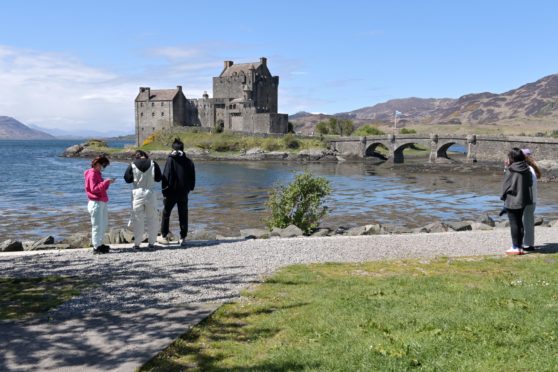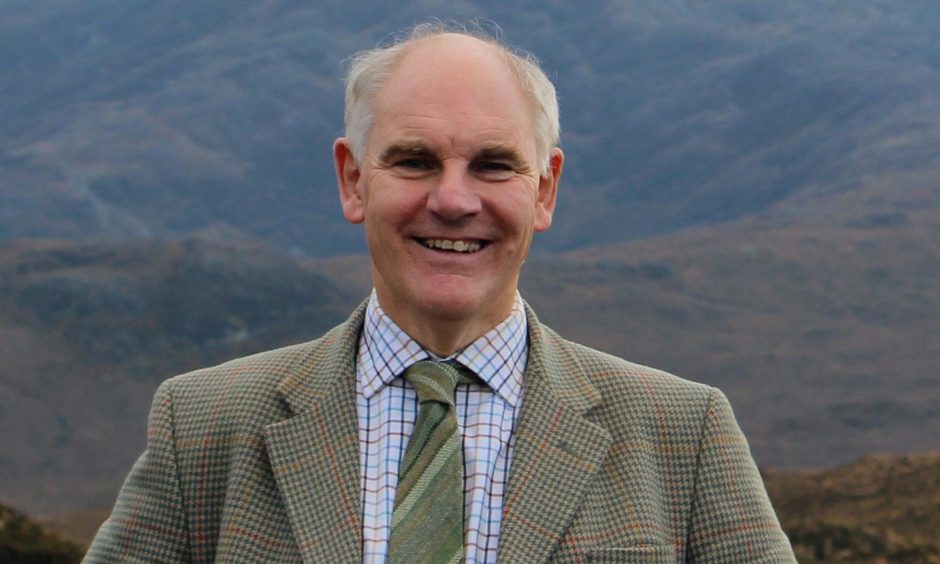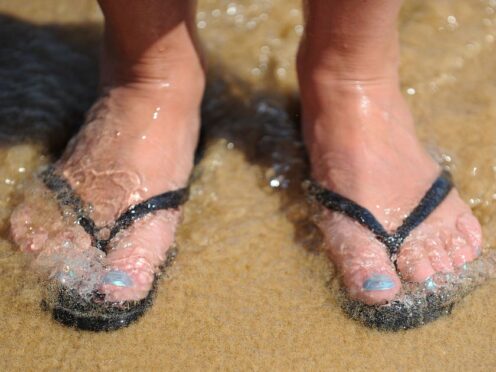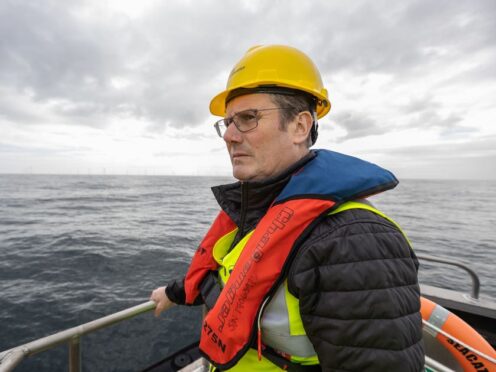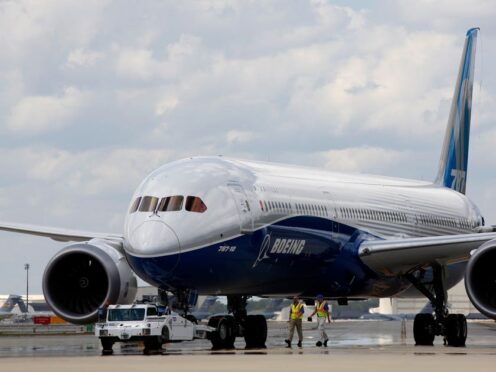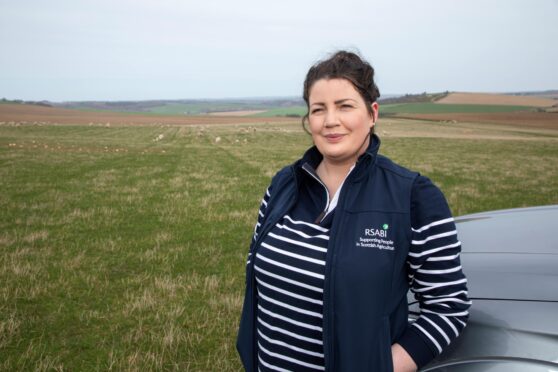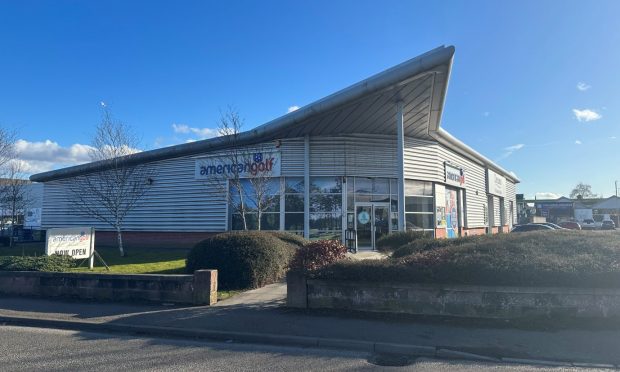Staff shortages in the north’s vital tourism industry are reaching a “critical” level, the Federation of Small Businesses (FSB) has warned.
Almost half of all business owners questioned in research by the organisation said they were having to cut their opening hours and services for visitors because they did not have enough workers.
And one in 10 admitted they were “barely staying afloat.”
David Richardson, the FSB’s Highlands and Islands development manager, said the staffing crisis was the issue that should be “exercising minds most.”
He continued: “Staff shortages have been a growing problem for years, even with a plentiful supply of EU workers, but now the situation is becoming critical.
Hard-pressed businesses are struggling, and in many cases failing, to recruit people from wherever they can get them – locally, from the rest of the UK, or overseas – and four in 10 have increased pay rates in a bid to improve recruitment and retention.
“Sadly, however, staffing shortages in tourism and hospitality are a national and international problem rather than something purely local, and solving the problem in the Highlands and Islands is going to be far from easy.”
Staycation boom later than expected
The FSB’s survey found that the eagerly anticipated post-lockdown staycation boom did not start as soon as travel restrictions were lifted, leaving four in 10 businesses struggling to generate sales and profits.
A tenth of respondents said they were struggling to stay afloat and a quarter expressed pessimism about their chances of surviving until 2022.
The survey was carried out between May 25 and June 4, among businesses in the Highlands and Islands Enterprise (HIE) area, including Highland, Moray, the Outer Hebrides, the Northern Isles and Argyll and Arran, producing 290 responses from tourism businesses.
The results showed that the area covered by the famous NC500 road trip route, the northern Highlands, was performing best. They also suggested the west coast was faring better than the east of the area, while Shetland was the weakest performer.
The FSB is calling for the Scottish Government to commit to a range of actions, including withdrawing physical distancing and self-isolation once most of the adult population is fully vaccinated.
It also wants Holyrood to pilot a remote visa system for employers in the Highlands and Islands.
Mr Richardson said: “While the ambition has always been for the Highlands and Islands to have a truly mixed economy, the fact is that most of this vast region is dependent, directly and indirectly, on tourism.
It sustains jobs and communities, and without its rich array of businesses and services the quality of life that we all enjoy would be greatly diminished. Tourism is everyone’s business, and it is in all our interests that it succeeds.
“The fact that almost half of all tourism and hospitality businesses across the region are struggling is a matter of grave concern, and it’s no wonder that a quarter fear that they might not survive until 2022.”
He added: “This is the time of year when these lynchpin businesses must build up the cash reserves needed to carry them through the long winter, undertake essential repairs and refurbishment, and start paying off any debts resulting from Covid loans. They simply cannot afford to be operating on ‘slow’.
“The lack of customers, especially overseas visitors, is a real worry and the sooner travel restrictions are lifted the better.”
HIE has recently announced a number of funding initiatives to help the recovery of the sector across the region.
